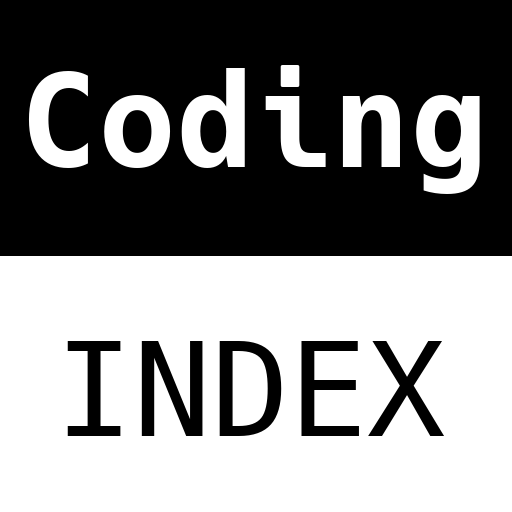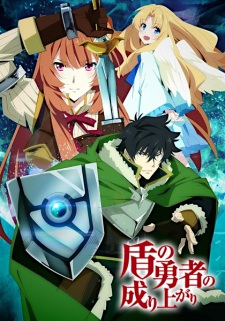
A (human) index that likes to code
Also drinks way too much coffee ![]()
The Rising of the Shield Hero
Published Sep 14, 2019

The Rising of the Shield Hero (盾の勇者の成り上がり)
10★
It has been a while since I last reviewed an anime, but it doesn’t mean I’ve stopped watching them. I just simply put them off, becase I’m lazy ![]() . As such, I might not produce a “good” review, just one that is good enough to convince you whether you should watch it, or not.
. As such, I might not produce a “good” review, just one that is good enough to convince you whether you should watch it, or not.
This year (2019) is the year of Isekai. Animation studios seem to churn out nothing but Isekai anime, almost as if testing the response of anime fans; and you know what, I’m perfectly okay with that. Personally, I find Isekai a great escape from real life, because all the rules that are normally imposed on the world are broken in an instant, and that provides a massive opportunity for world & character development. For the anime that do this well, I’ll gleefully watch with no complains.
The Rising of the Shield Hero was one such anime. Instead of starting the Isekai with a ridiculously overpowered main character, which subsequently causes all the other characters to rely on the main character, “The Rising of the Shield Hero” shows the other side of human interaction - the one where the reliance on others is crucial to the survival and willpower to live as a human being.
This makes the main character very relatable, while still maintaining the fantasy setting introduced by the Isekai. In real life, you’d probably have to rely on somebody to give you the meaning to live - without that crucial pillar, life is probably not worth living. Following the main character who starts off rock bottom, you can see him change himself and the world around him as he encounters people who slowly becomes his pillar of life, and going absolutely mental without them.
Of course, an anime is not only about relatable characters and great character & world development. The other rating criteria are fulfilled properly too; the story was pretty fantastic, with reasonable climaxes and resolutions, and get this: the responses actually makes sense. Enemies don’t suddenly become friends, and vice-versa - the interaction was honestly quite human. Visuals are really pleasing, and synchronizes well with the story to bring out emotions (like rage and sorrow) from the viewers.
And man, can I just - THE OST IS SO GOOD! My man Kevin Penkin, who also created the OST for Made in Abyss (one of my favourites) is back at it again dropping the sick beats ![]() . Anime, to me, will not be complete without godly soundtrack - and this nailed it. The soundtrack was well synchronized with the visuals, and empowered the story to convey emotions, be it anger, sadness, relief, happiness, melancholy, et cetera.
. Anime, to me, will not be complete without godly soundtrack - and this nailed it. The soundtrack was well synchronized with the visuals, and empowered the story to convey emotions, be it anger, sadness, relief, happiness, melancholy, et cetera.
All in all, I can’t really fault the series for anything; I felt that everything I cared about for anime was in-place. If you are still not convinced to watch it yet, I suggest that you do it for the OST, then slowly get sublimated by the story.
Welp, on to the next review.
Happy Coding
CodingIndex